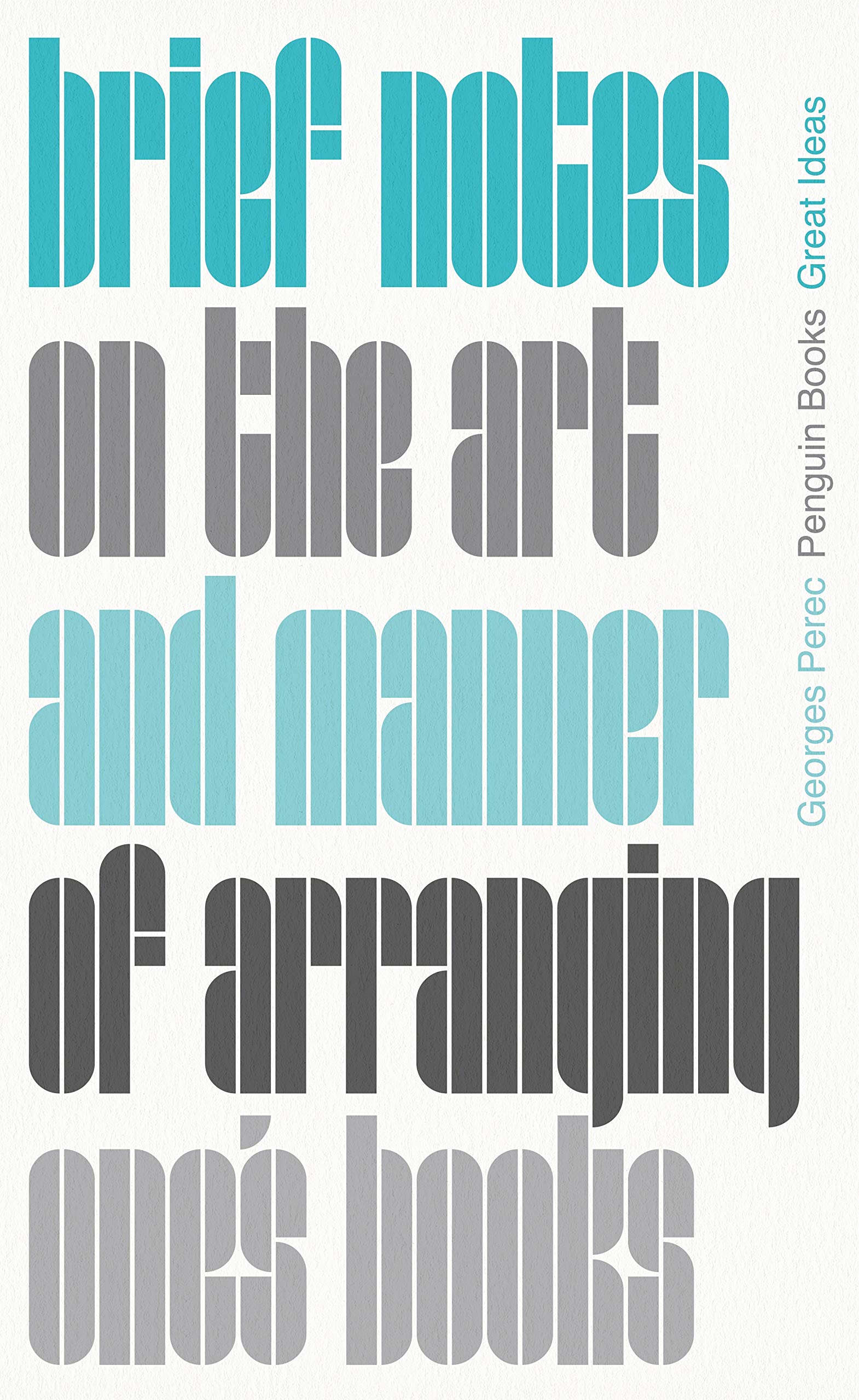What do you think?
Rate this book


96 pages, Paperback
First published January 1, 2010
For the returning deportee, to speak, to write, is a need as strong and immediate as his need for calcium, for sugar, sunlight, meat, sleep and silence. It’s not the case that he can remain silent and forget. He has first of all to remember. He has to explain, to tell, to dominate that world whose victim he was.
The world of the camps is defined less by an immediate, massive extermination, by ‘cullings’, than by days, months, years of hunger, cold and terror.This is really the only bleak part of the collection. Elsewhere Perec is more playful and experimental in his thinking. He loves to play with a list.
I don’t know what, fifteen years ago when I was beginning to write, I expected from writing. But I fancy I’m beginning to understand, at the same time, the fascination that writing exercised – and continues to exercise – over me, and the fissure which that fascination both discloses and conceals.
Writing protects me. I advance beneath the rampart of my words, my sentences, my skilfully linked paragraphs, my astutely programmed chapters. I don’t lack ingenuity.
…it cannot exist on its own. It has to be inserted into some other necessity. Another activity has to support it. Reading is associated with the idea of having time to fill, of a lull we must take advantage of in order to read. Perhaps this supporting activity is only the pretext for reading, but how can we tell? Is a gentleman reading on the beach on the beach in order to read, or is he reading because he is on the beach? Does the fragility of Tristram Shandy really matter more to him than the sunburn he is busy getting on the backs of his legs?
Ways of arranging books
Ordered alphabetically
Ordered by continent or country
Ordered by colour
Ordered by date of acquisition
Ordered by date of publication
Ordered by format
Ordered by genre
Ordered by major periods of literary history
Ordered by language
Ordered by priority of future reading
Ordered by binding
Ordered by series
None of these classifications is satisfactory by itself. In practice, every library is ordered starting from a combination of these modes of classification, whose relative weighting, resistance to change, obsolescence and persistence give every library a unique personality.